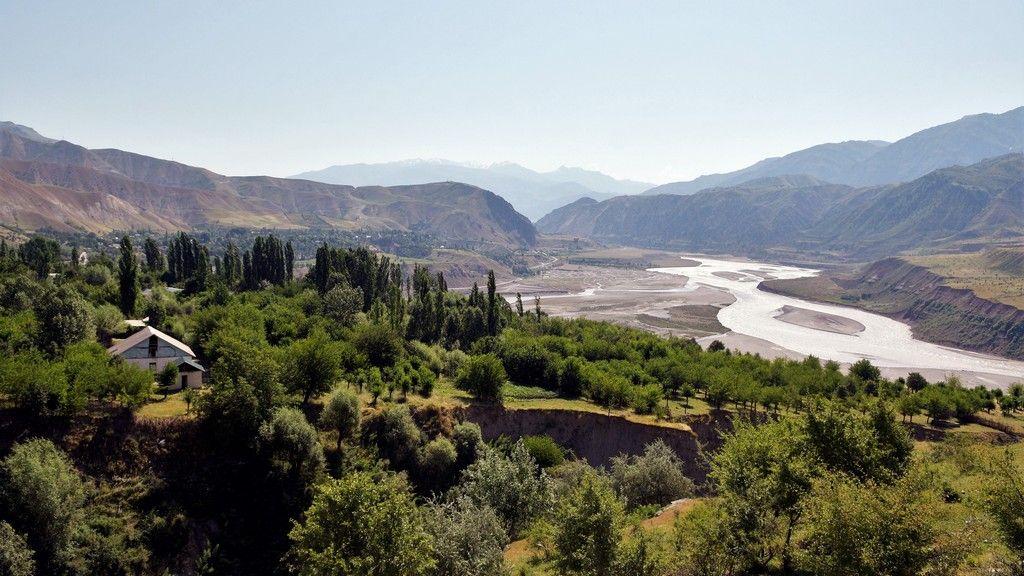The Asian Development Bank (ADB) has approved a US$30 million grant to help strengthen disaster risk management in Tajikistan and reduce economic losses due to climate change and disasters caused by natural hazards, according to the ADB Tajikistan Residence Mission (TJRM).
“Tajikistan is highly vulnerable to climate change with more than 400 climate-induced incidents per year, such as floods, avalanches, and others, which severely affect people and the economy,” ADB Director General for Central and West Asia Yevgeniy Zhukov said.
He noted that ADB’s grant would enhance the country’s preparedness for disasters and ability to respond – while strengthening its overall resilience to climate change.
The project reportedly supplements an ongoing US$10 million grant approved by the Bank in 2018 to support the Tajikistan government’s efforts to mainstream disaster risk management in development planning. It will further strengthen the capacity of the Emergencies Committee under the Government of Tajikistan, the project’s executing agency, to manage natural hazards. The grant will also improve weather and disaster forecasting tools and establish an additional early warning system.
“Natural disasters disrupt livelihoods and displace people from their homes,” said ADB Natural Resources and Agriculture Economist Matthias Leitner. “ADB’s project will help build disaster-resilient shelters, strengthen the capacity of local communities and officials, and improve disaster response facilities in the Khatlon province.”
The disaster-resilient accommodation will be climate resilient and have reliable water and electricity supply, and facilities for the specific needs of women, children, and people with disabilities. The project will also improve social infrastructure in nearby villages including access roads, a bridge, power transmission lines, healthcare centers, and schools. Local communities and displaced people will get skills training including in agricultural innovation and crop production and negotiation skills, to strengthen their incomes and community resilience.
Since Tajikistan joined ADB in 1998, the bank has provided over US$2.5 billion in assistance to the country, including around US$1.9 billion in grants. ADB’s 2021–2025 country partnership strategy for Tajikistan focuses on three strategic priorities: structural reforms to enhance resource allocation and mobilization, improving labor productivity through human capital development, and fostering better livelihoods by investing in the land-linked economy.
Established in 1966, the Asian Development Bank is owned by 68 members—49 from the region.




